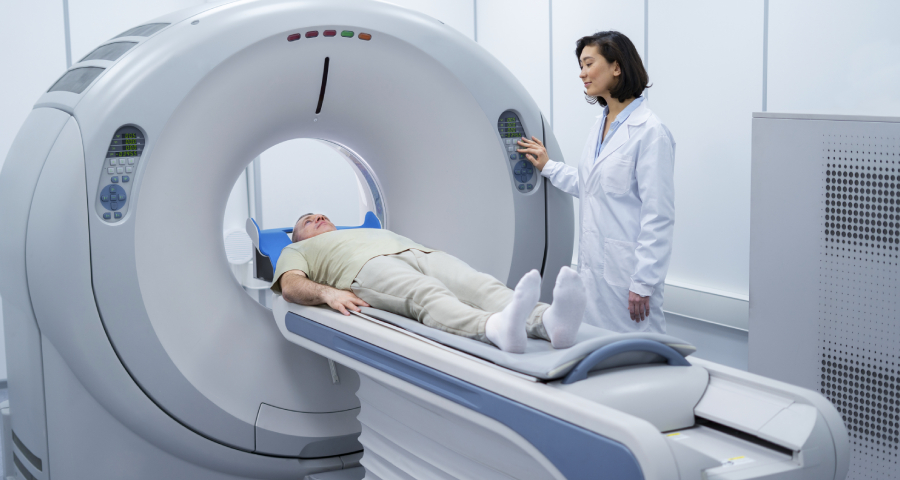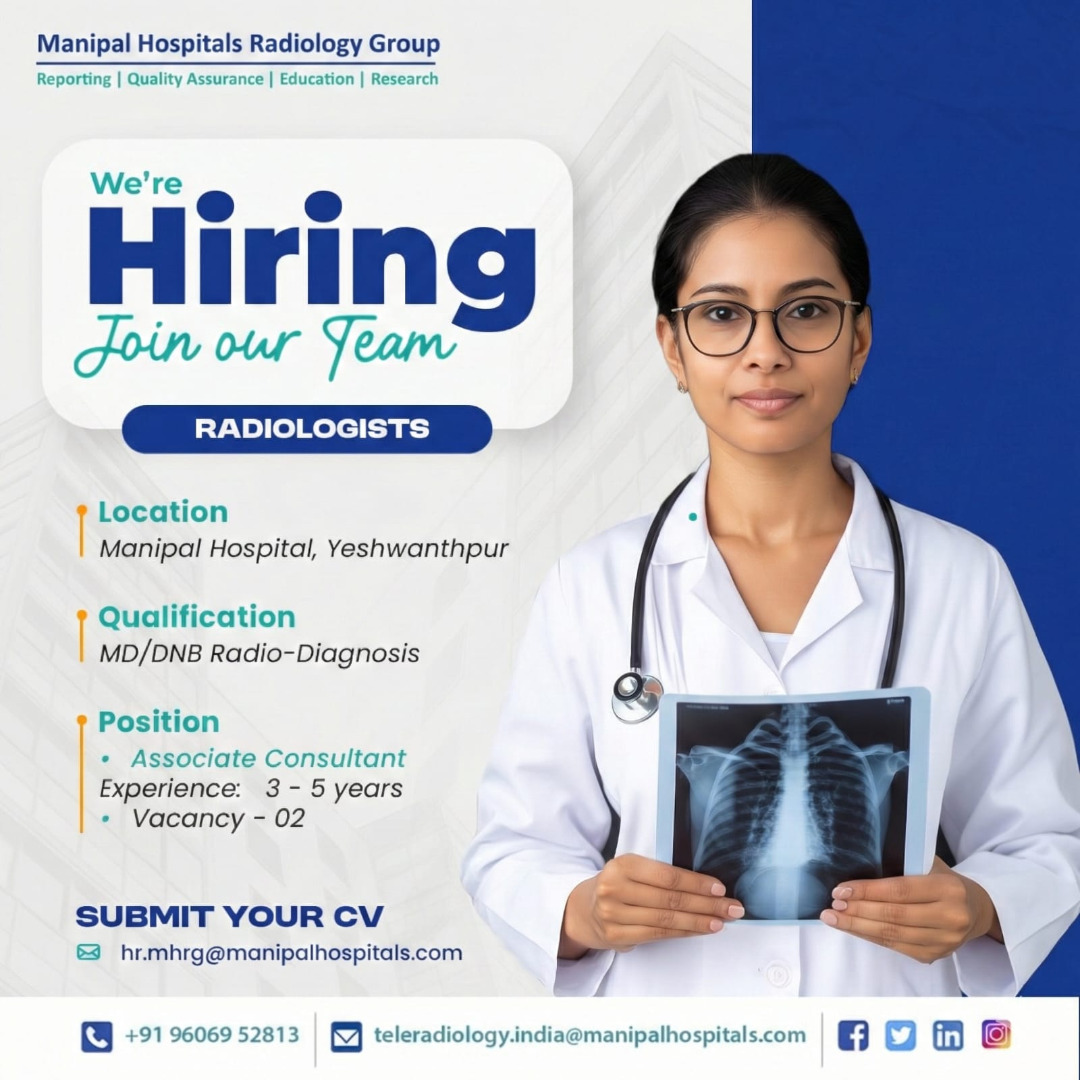Introduction:
As medical professionals, it's not uncommon for us to encounter patients who harbor misconceptions or myths about undergoing a CT (Computed Tomography) scan. Addressing these concerns is crucial to ensure our patients feel informed and comfortable during the procedure. In this blog, we will debunk some common myths surrounding CT scans, providing accurate information to promote understanding and alleviate any apprehensions.
Radiation Myths
Myth 1: CT Scans Emit Dangerous Levels of Radiation
Fact: While CT scans use X-rays, the radiation exposure is carefully controlled and considered safe for diagnostic purposes. Modern machines minimize exposure, and the benefits of accurate diagnosis often outweigh the minimal radiation risk.
Myth 2: CT Scans Can Cause Cancer
Fact: The risk of developing cancer from a single CT scan is negligible. Studies show that doses below 100 mSv do not significantly increase cancer incidence. To put it in perspective, this is 50 times the dose of a chest CT, and the annual background radiation is comparable to a low-dose chest CT.
Myth 3: IV Contrast Is Dangerous for Kidneys
Fact: IV contrast enhances visibility, and while there's a slight risk of reactions, it's minimal, especially in those with normal kidney function. Your medical team assesses kidney health before using contrast and takes appropriate precautions.
Myth 4: CT Scans Are Overused
Fact: CT scans are valuable diagnostic tools used judiciously based on symptoms and medical history. They provide critical information guiding treatment that other imaging methods may not offer.
Myth 5: Pregnant Women Should Avoid CT Scans
Fact: While minimizing radiation exposure is crucial, if a CT scan is essential during pregnancy, benefits may outweigh risks. Precautions, such as shielding the abdomen, are taken to minimize fetal exposure.
Myth 6: Allergic to IV Contrast
Fact: True allergies to IV contrast are rare. Inform your healthcare team about allergies, and they will counsel you on any specific risks or premedication needed.
Part 2: Procedure Myths
Myth 7: CT Scans Are Painful
Fact: CT scans are non-invasive and painless. Patients may need to lie still for a brief period, but there's no discomfort associated with the procedure.
Myth 8: Stuck Inside the CT Machine
Fact: CT machines are open at both ends, and patients are never enclosed. Communication with the technologist is maintained throughout.
Myth 9: CT Scans Always Require Contrast Dye
Fact: Contrast dye depends on the medical question. If needed, the procedure is explained, and the dye is usually administered intravenously.
Myth 10: Can't Eat or Drink Before a CT Scan
Fact: Fasting requirements vary. Some CT scans may require fasting, while others do not.
Myth 11: CT Scans Always Detect All Medical Conditions
Fact: CT scans are powerful but may not detect every condition. Accuracy depends on the type of condition and image quality.
Myth 12: CT Scans Are Only for Older Adults
Fact: CT scans are used for patients of all ages when necessary for diagnosis or evaluation.
Conclusion:
Dispelling these myths is essential for informed decision-making and a more comfortable patient experience. Whether you or a loved one undergoes a CT scan, staying informed contributes to overall health and well-being. Remember, knowledge is key to dispelling myths and promoting reassurance. Stay informed, stay healthy!


